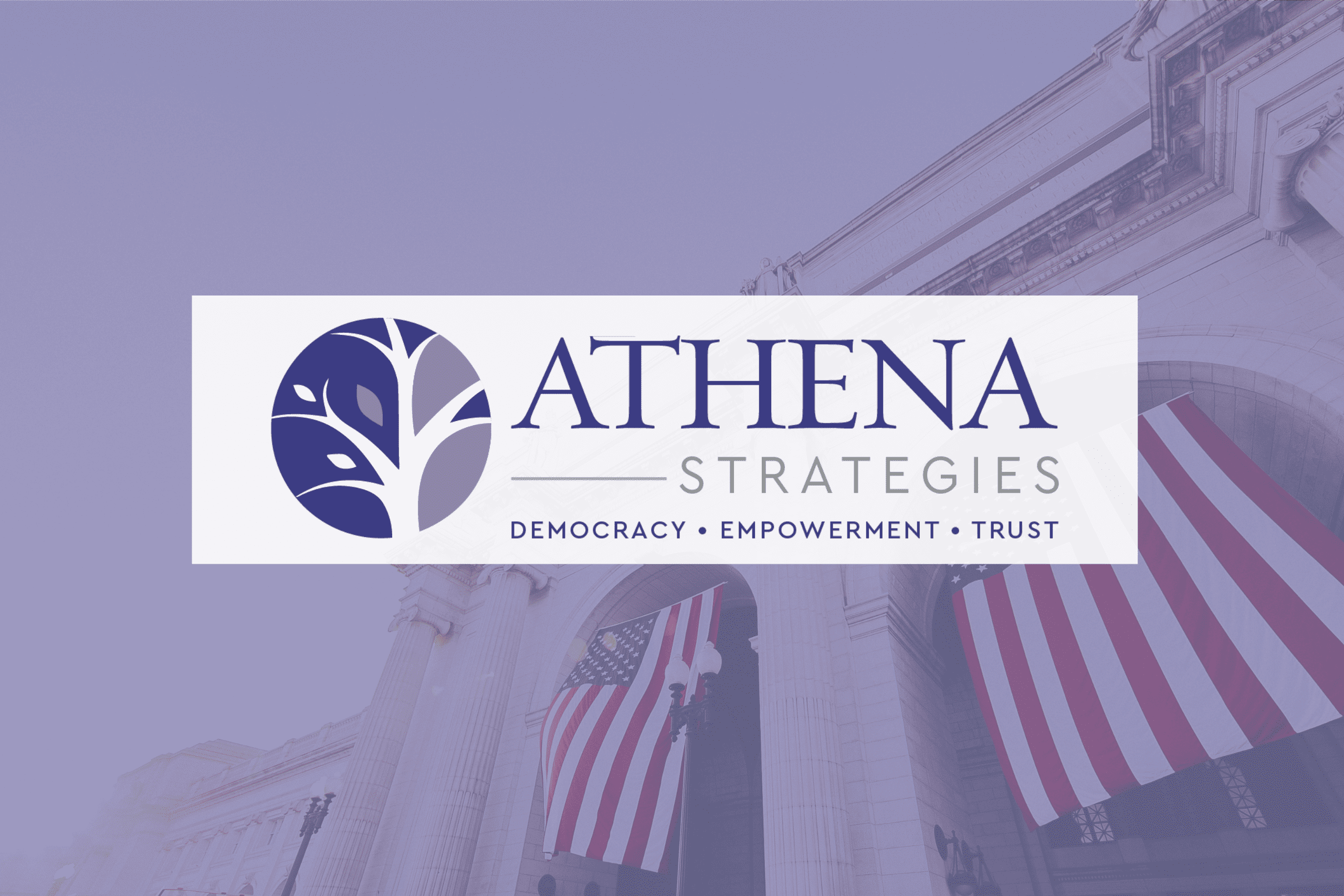A new analysis by the Election Infrastructure Initiative sheds light on the significant financial strain local election officials faced during the 2024 election cycle, and the critical need for sustained, forward-thinking funding of our elections. In the 2024 cycle, election officials faced numerous challenges including natural disasters, efforts by foreign adversaries and domestic terrorists to disrupt or interfere, aging equipment, inadequate staffing, and legal challenges and late-breaking policy changes, all overwhelming already-stretched thin budgets to ensure the security and accessibility of our elections.
The report, based on news data and case studies across the U.S., calls for urgent, sustained investment to strengthen the resilience of election infrastructure. Read the full report here: Emergency Costs in the 2024 Election
Key findings from the report include:
Emergency spending drains resources: Local election jurisdictions spent an estimated $33 million on emergency costs during the 2024 presidential election cycle alone.
Foreign interference exacerbates strain: Threats of violence, cyberattacks, and malign influence campaigns by adversaries like Russia, China, and Iran forced election officials to redirect resources to immediate security measures, public communication, and voter protection.
Natural disasters compound vulnerabilities: Storms, floods, and hurricanes destroyed polling locations and disrupted voting processes. It is projected that on top of the funds already spent, an additional $160 million in recovery and infrastructure investments will be needed to recover from Hurricanes Helene and Milton and attacks on election equipment.
Aging infrastructure leads to costly delays: Breakdowns of outdated voting machines, electronic poll books, and other equipment caused long lines and delayed results, highlighting the urgent need for modernization.
Legal challenges and last-minute policy changes create severe burdens: Last-minute legal rulings and policy adjustments forced election officials to reallocate time and budgets, adding stress to an already overburdened workforce.
The need for proactive investment: The report emphasizes that proactive budgeting and investment is more cost-effective than emergency expenditures. Comprehensive and forward-thinking funding to invest in necessary equipment upgrades, staff training, and emergency preparedness would strengthen election security, reduce lines and equipment breakdowns, enhance voter experience, and help to restore public trust.
The Election Infrastructure Initiative’s findings underscore the pressing need for robust, consistent funding to ensure elections remain secure, resilient, and accessible.
Visit the Election Infrastructure Initiative’s website here: https://modernizeourelections.org/
